The Best List Of Productivity Quotes (Updated)
Stuck in a rut? Deadlines keeping you up at night? Don’t worry, we have a handful of productivity quotes and proverbs to get you back on track. These traditiona...
Stuck in a rut? Deadlines keeping you up at night? Don’t worry, we have a handful of productivity quotes and proverbs to get you back on track. These traditional sayings will help you lead your remote team and get work done in the age of remote collaboration.

💡 This post was inspired by David Shariatmadari’s article “Are these 11 proverbs for the digital age?” published in The Guardian.*
🌟 A Quotes Is Worth a Thousand Words (Apparently)
Every culture has its sayings. Some are direct translations from one language to another. Others have local counterparts that convey the same metaphorical message.
Don’t feel like writing that urgent report today?
As the Germans say, Des Teufels liebstes Möbelstück ist die lange Bank, which translates to “the devil's favorite piece of furniture is the long bench.” 👹
Team spirit is waning? Remember, “If you want to go fast, go alone. If you want to go far, go together.” After all, “a rolling stone gathers no moss.” 🪨
But who created all those witty adages? According to Professor Wolfgang Mieder who’s an authority on proverbs, most came to life as quotes that lost their attribution.
💬 “A text can go from being a one-of-a-kind, to being a saying whose author we know, to finally becoming an anonymous proverb.”(2)
Whether you need business guidance or relationship advice, there’s always a proverb or quote to help you “cross the stream where it is the shallowest.”
Here are a few productivity quotes for every occasion.
⚡️ Productivity Quotes and Proverbs for Your Team
1. “Knowledge Is Power”
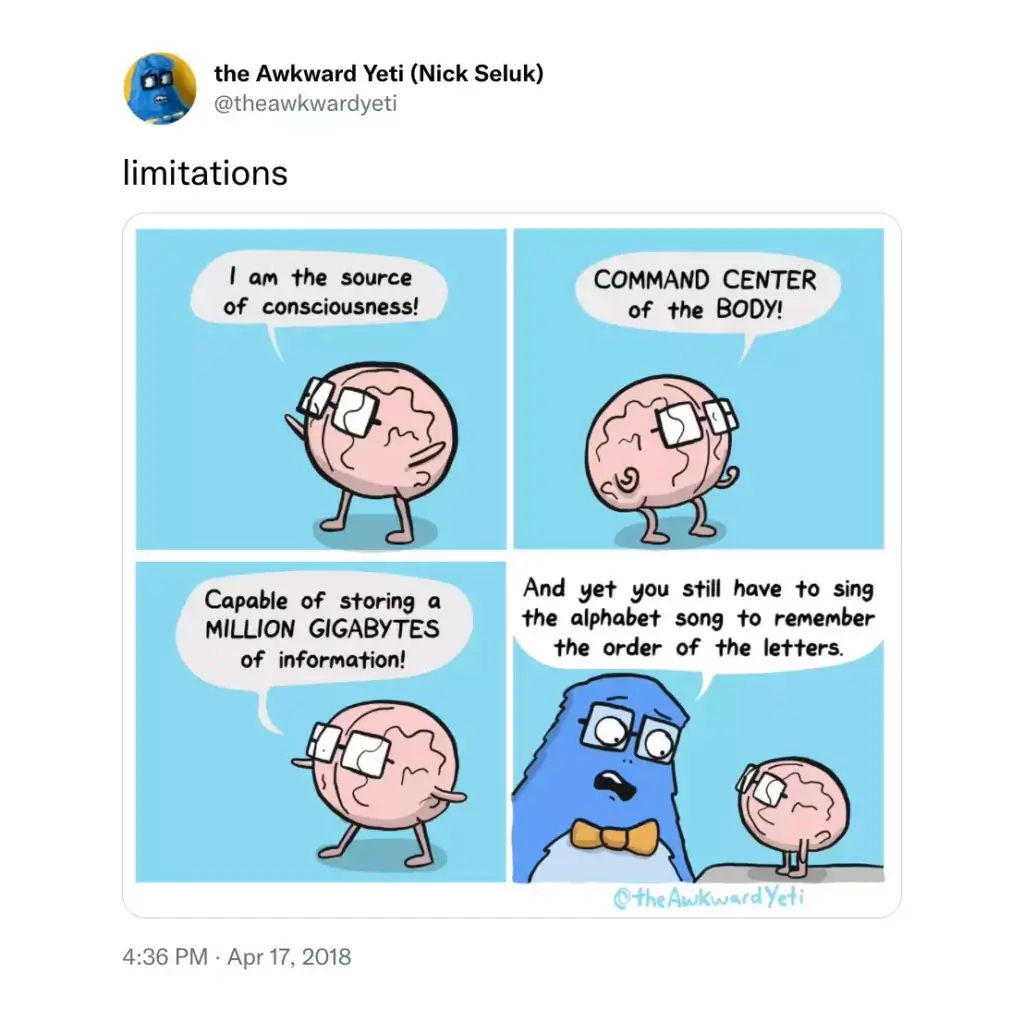
Even the ancients knew that knowledge is da bomb. But as the world is getting more connected, effective knowledge management is a true business superpower.
💬 “Knowledge becomes an important currency of any organization, equal to the value of productivity or products. Organizations that continue doing business as usual without continuous reflection, learning, course correction, iteration, and the application of solution paths will likely fall behind those that use knowledge to influence how they deliver services.”
—Becoming a Knowledge-Sharing Organization(3)
Your remote team is only as effective as its ability to collect, organize, and distribute information. With all the emails, video conferences, and chat messages buzzing around, your team needs a coherent knowledge management strategy to stay on track.
🔧 What you can do:
📥 Document everything. Capture and organize documents, process descriptions, guides/FAQs, manuals, code snippets, and procedures. Make sure your team does the same for every valuable piece of information.
👉 Build a coherent strategy. Teach your team how to manage information effectively. Define expectations for sharing knowledge internally. Collect business intel in a decentralized and easily accessible medium.
🧠 Create a Single Source of Truth (SSOT). Build a collaborative second brain, internal wiki, or a knowledge base available 24/7. Create connections between entries and make team knowledge part of your remote workflow.
2. “A Watched Pot Never Boils”
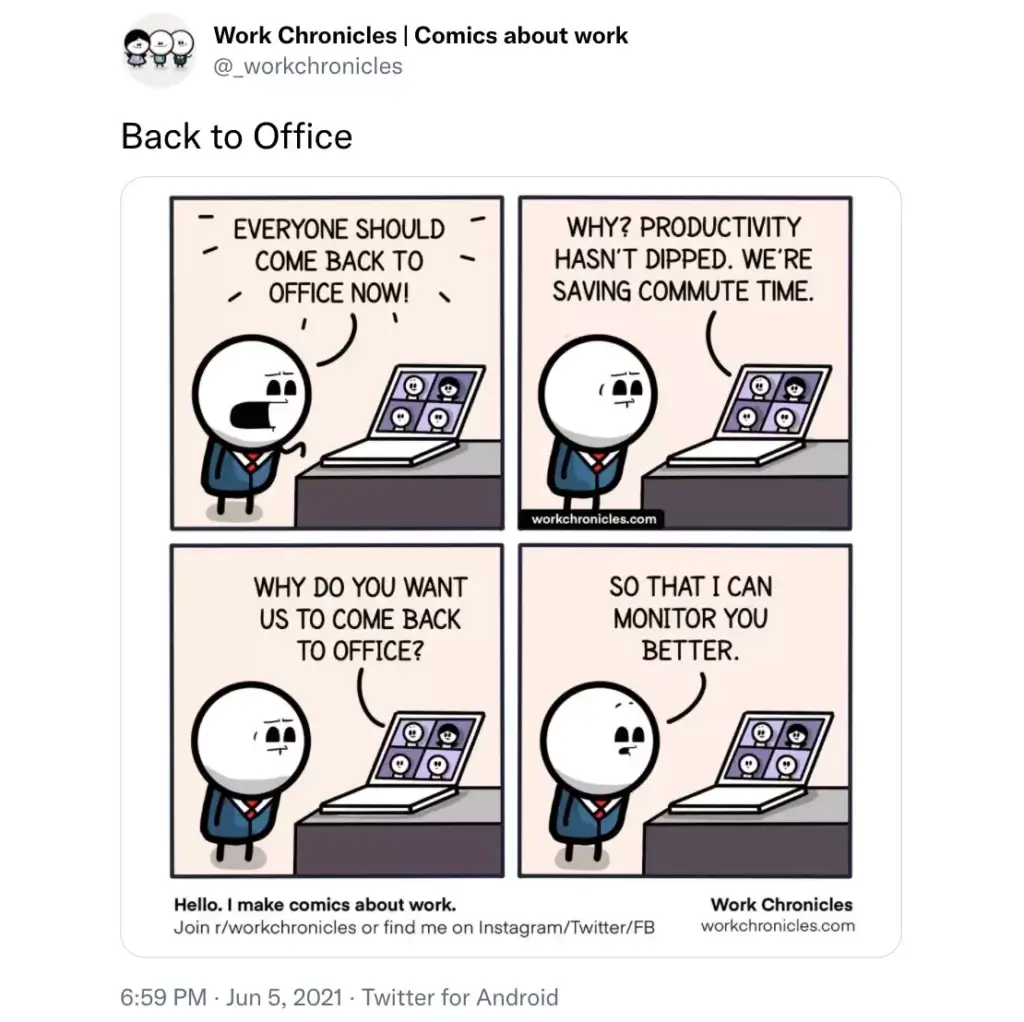
The original meaning of this phrase—coined by none other than Ben Franklin himself—refers to the slow passage of time when waiting for something to happen.
But who said we can’t get creative?
You can’t build an effective remote team without trust. Teams that work under constant supervision are not productive teams. Without autonomy, there’s no growth.
💬 “When such doubts creep in, managers can start to develop an unreasonable expectation that those team members be available at all times, ultimately disrupting their work-home balance and causing more job stress.”
_—_Remote Managers Are Having Trust Issues via HBR(4)
We get it. It’s tempting to have your team available 24/7 and report on every (code) bug they squash. But that’s not sustainable and sends a clear message: “Hey guys, I appreciate your hard work, but I can’t resist looking over your shoulder.”
🔧 What you can do:
🤝 Create a culture of trust. Show your team that you trust their abilities. Don’t micromanage; give people autonomy to make decisions and act on them.
💬 Overcommunicate. Be transparent in team communication. Make time for team 1-on-1s, give feedback, and show you’re there for your team.
🎯 Focus on the results. Set clear goals and let your team decide how to complete them. Don’t obsess over the process, sit back, and enjoy the results.
3. “Who Begins Too Much Accomplishes Little.”
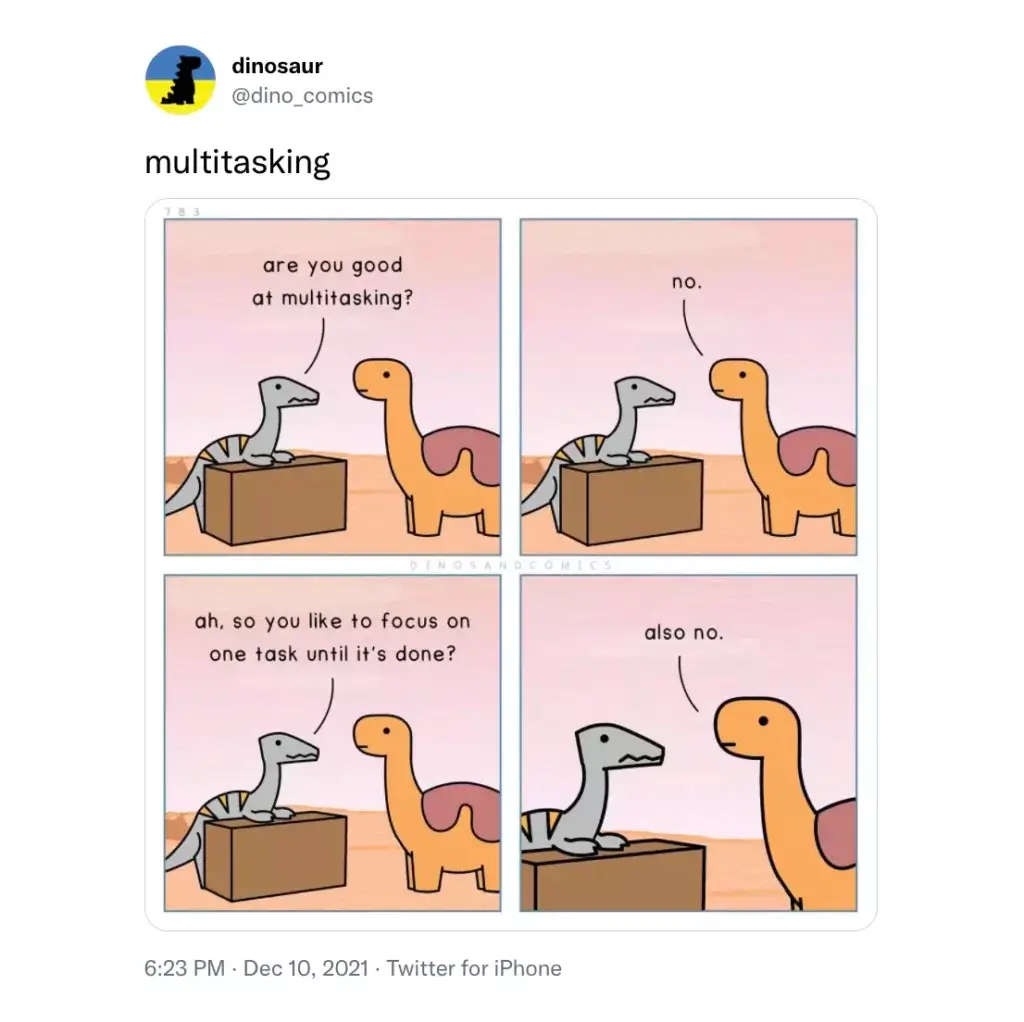
This German proverb, along with its variations like “don’t bite off more than you can chew,” is a perfect sales slogan for Cal Newport’s Deep Work philosophy.
💬 “To produce at your peak level you need to work for extended periods with full concentration on a single task free from distraction. Put another way, the type of work that optimizes your performance is deep work.”
―Cal Newport, Deep Work: Rules for Focused Success in a Distracted World(5)
But deep, focused work is rare these days, especially when you work remotely. When your team is distributed over several time zones, every task screams “urgent.” Plus, the expectation to stay online 24/7 makes it impossible to focus on one thing at a time.
🔧 What you can do:
🧘♂️ Use focus-boosting techniques. Make the most of popular productivity techniques like Ryder Carroll’s Bullet Journal (BuJo) or Francesco Cirillo’s Pomodoro Technique. See what works, rinse, and repeat.
🔕 Enable deep work. Block 2-3 hours in a shared calendar for deep, focused work, preferably early in the day. Agree on a day of the week when there are no meetings. Lead by example and show your team it’s ok to unplug.
4. “The Pen Is Mightier Than the Sword”
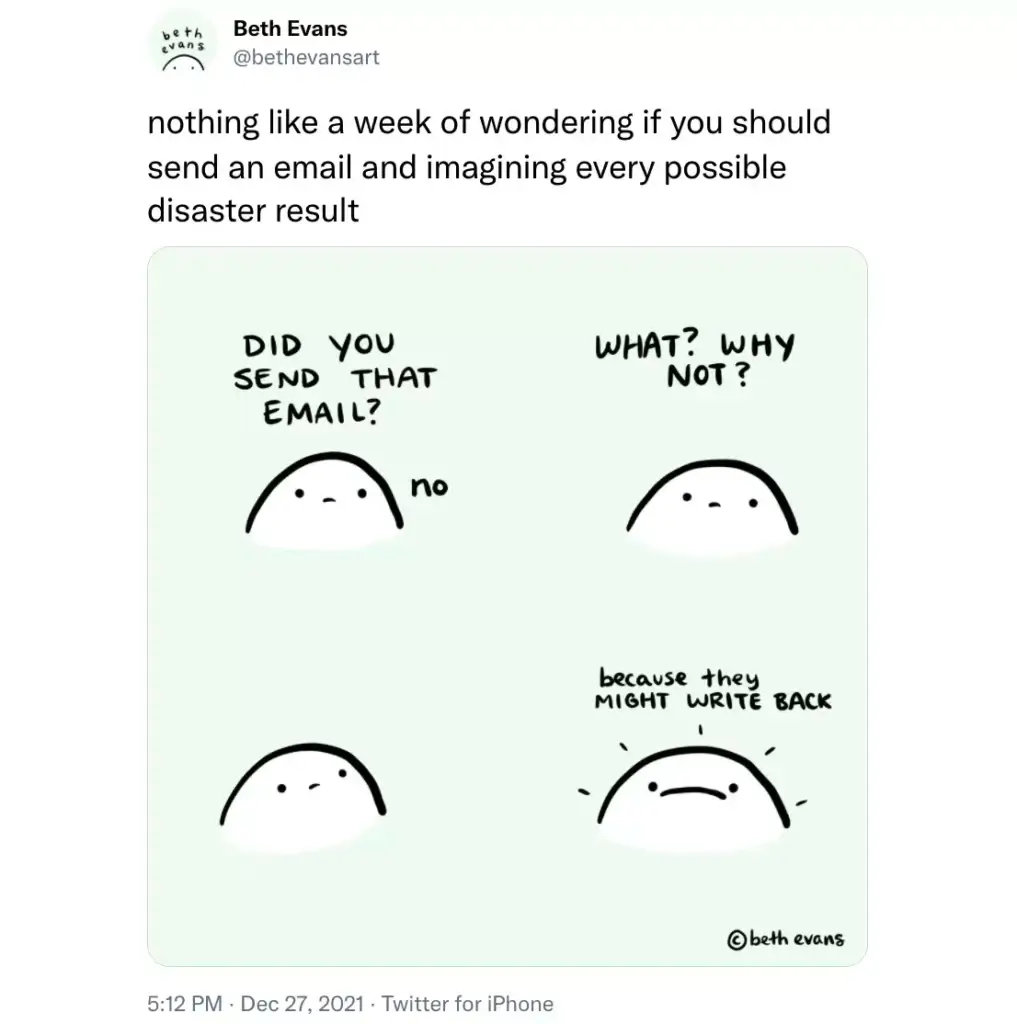
This timeless proverb has a rich history and has been used in various contexts over the centuries. From ancient sages through religious text to witty catchphrases of pen manufacturers, the written word is still a powerful tool.
And modern business communication is no exception.
Emails, chat messages, reports, project comments–the majority of business communication is asynchronous. And that means teams with solid communication skills can move faster and collaborate more effectively than those without.
💬 “Whether it’s a succinct declarative statement in an email or a complex argument in a report, your own writing has the potential to light up the neural circuitry of your readers’ brains.”(6)
—“The Science of Strong Business Writing” via HBR
The shield-bashing and sword-swinging days may be over. But the art of effective communication is more important than ever.
Except, keyboards are all the rage now.
🔧 What you can do:
🤯 Beware the gobbledygook. Focus clarity and reduce jargon. Make sure your messages are easy to read and equally easy to reply to.
🐇 Be brief and specific. Nobody has time to read blocks of text. Focus on brevity and stick to essentials. Make the subject clear from the first sentence.
🚦 Use visual devices. Outline documents to organize arguments, bold and highlight key ideas, and structure your messages with headings/bullet points.
5. “Before You Score, You First Must Have a Goal”
Makes sense, right?
The thing is coordinating work remotely is tough and many remote teams fail to paddle in the same direction. To make matters worse, managers in remote organizations are less likely to involve employees in the goal-setting process.

The good news is, there’s an alternative. 🥳🥳
According to professors Martine Haas and Mark Mortensen, 4-D teams—diverse, dispersed, digital, dynamic—need what’s called “enabling conditions.” One of those conditions is a clear heading that needs to be set from day one.
💬 “Teams cannot be inspired if they don’t know what they’re working toward and don’t have explicit goals. Those goals should be challenging (modest ones don’t motivate) but not so difficult that the team becomes dispirited.”
—“The Secrets of Great Teamwork” via HBR(7)
If you want your team to move fast, you need to tell them WHERE they’re going, WHY it’s important to get there, and WHEN you expect them to reach those objectives.
🔧 What you can do:
✅ Keep track of action items. Keep team to-dos and action items in one place to increase visibility. Put all projects in a shared calendar or visualize them on a roadmap. Use project management tools to track progress in real-time.
🎯 Use prioritization frameworks. Keep the guesswork out of the equation with tools like the Eisenhower matrix, RACI matrix, Pareto (80/20) principle, or S.M.A.R.T. goals. Use collaborative mind maps and org charts to see all the moving parts.
📢 Keep everybody on the same page. Mix and match communication channels to communicate objectives to your team. Email status updates, create a team newsletter, or write internal memos. The floor is all yours.
**6. **“Honesty Is the Best Policy”
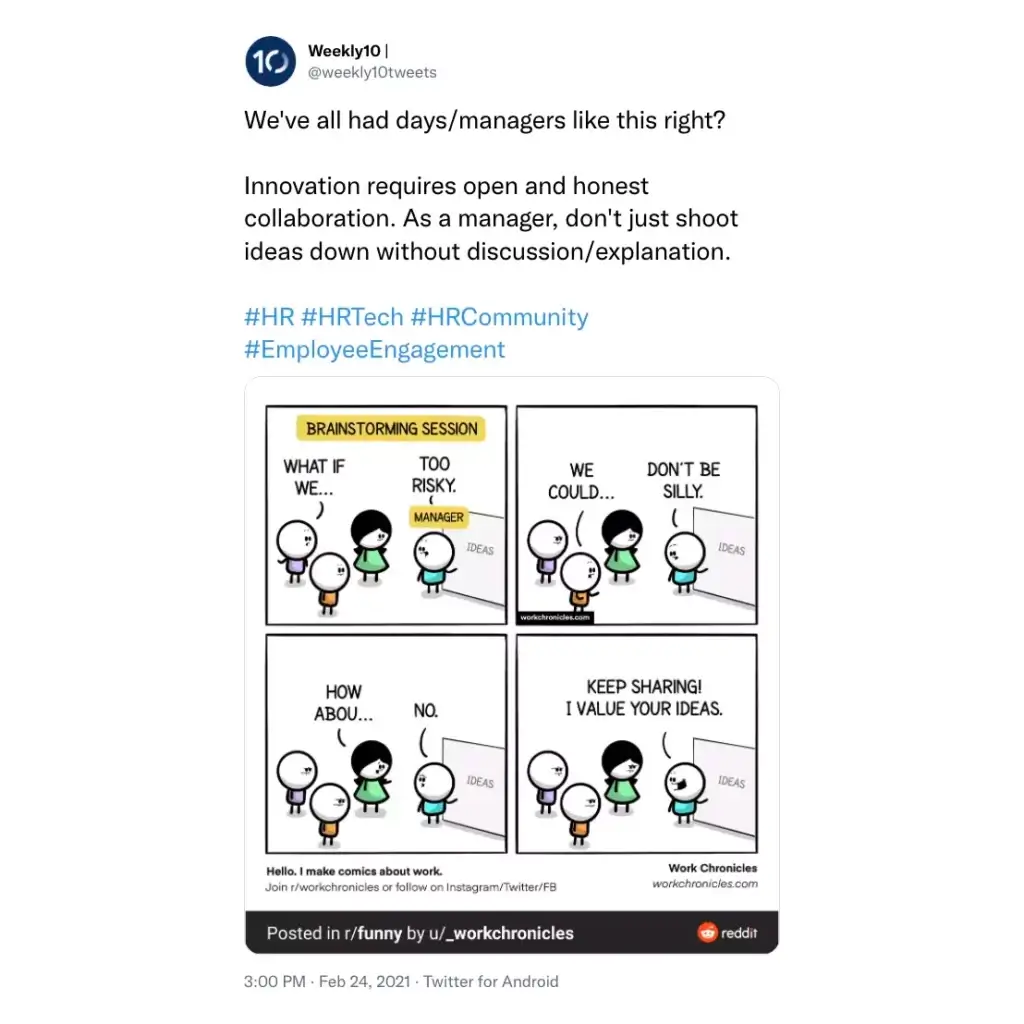
Some sources attribute this productivity quote to English politician and entrepreneur Sir Edwin Sandys and his 1599 treatise Europae Speculum. Others point to Aesop’s Fables, or what shouldn’t come as a surprise, Benjamin Franklin.
And not much has changed since then.
The brutal truth (pun not intended) is that you can’t build an effective remote team without honesty. After all, if your team doesn’t trust you, they won’t follow your lead.
But giving feedback or sharing bad news is tough. The solution? According to author and Silicon Valley coach Kim Scott, you should put your stakes on radical candor.
💬 “When bosses are too invested in everyone getting along they also fail to encourage the people on their team to criticize one another for fear of sowing discord. They create the kind of work environment where being "nice" is prioritized at the expense of critiquing and therefore improving actual performance.”(8)
Radical Candor is the fine line between empowering feedback and a direct challenge. It’s the ability to have tough discussions without vitriol.
🔧 What you can do:
❓ Ask direct questions. What went wrong? Why did we fail? How can we do better next time? Be clear, precise, and ask better questions remotely.
👐 Invite feedback. Ask your team for regular feedback. Make it ok to voice discontent and be prepared for honest answers. Reflect, rinse, and repeat.
🏃♂️ Act immediately. Don’t let misunderstanding escalate and affect team performance. Diffuse conflict as soon as it appears.
7. “No Man Can Paddle Two Canoes at the Same Time”
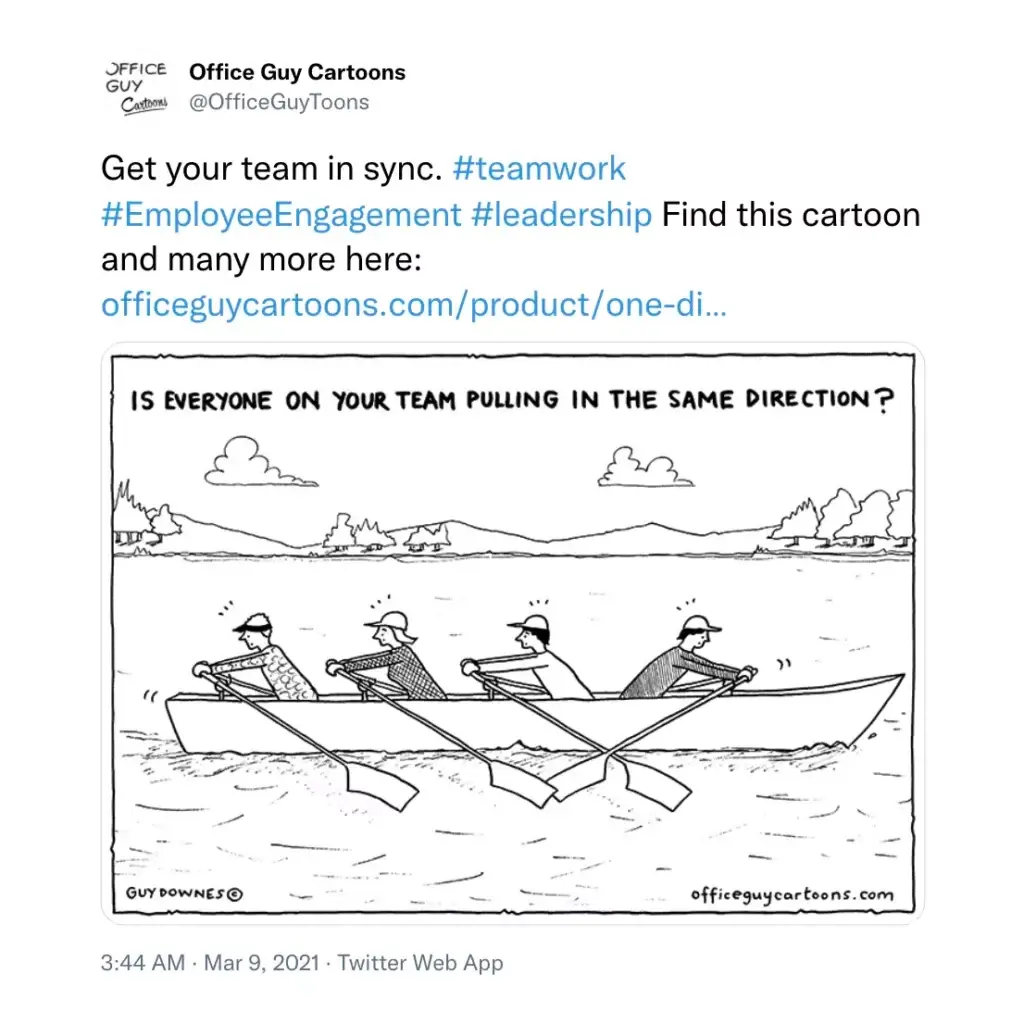
You can multitask all you want, but at the end of the day, you can’t do everything yourself. And there is plenty of evidence that leaders who delegate get the work done.
A Gallup study of 143 CEOs of the Inc. 500 businesses found that leaders with good delegating skills are a predictor of company growth and performance.
💬 “Delegators know that they can’t accomplish everything themselves. They are willing to relinquish control and hand tasks to others. This frees up their time to focus on activities that can yield the highest returns for the company.”(9)
The lesson for today?
It’s time to start delegating tasks and sharing the responsibility with your team. Parting with some control will give you more time to focus on other responsibilities. Plus, it’ll show your team that you trust their expertise and judgment.
8. "Being Busy Is Not the Same as Being Productive"
A classic quote that holds true even today. Is there really a point in enforcing strict work hours when you can actually get more work done in less time?
The best time to get work done is when you're experiencing a flow state; a period of time with heightened focus. To make full use of the flow state, use this flowtime technique guide and transform yourself into a productivity monster!
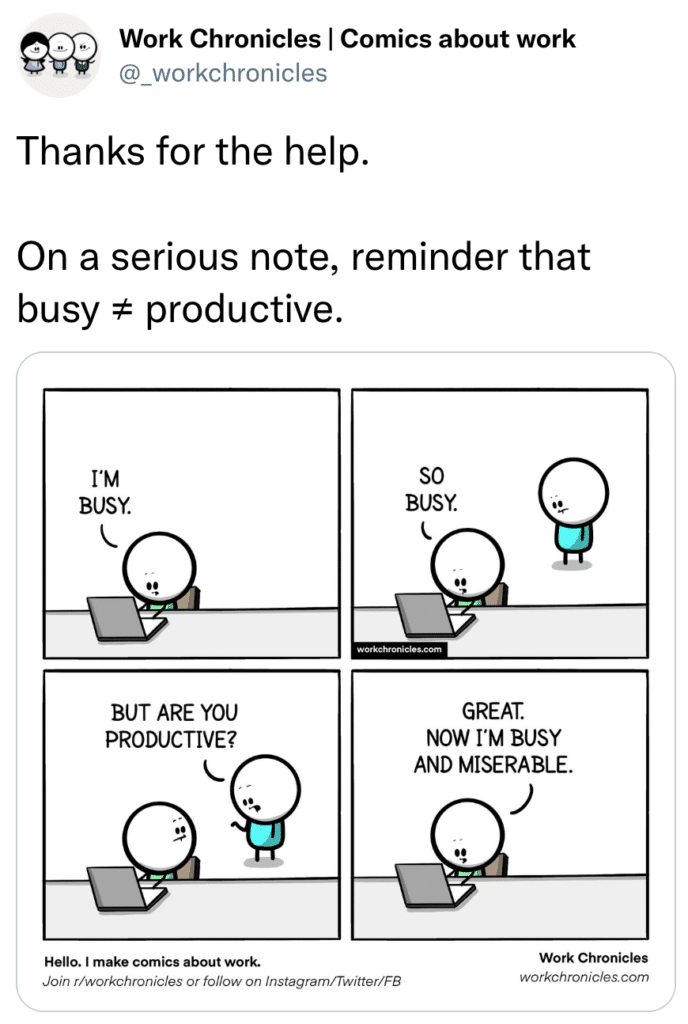
Don't count the hours. Make the hours count!
👋 Conclusion
Proverbs and productivity quotes (or whatever the ancients called them) have stuck around for thousands of years, and for all the good reasons. While we moved from stone tablets to, well… just tablets, the fundamental truths about human nature haven’t changed.
So, when things don’t go as planned or your team needs a little boost up, remember: “A proverb a day keeps procrastination away.” And if you still need some help, try Taskade. 👇
Taskade is an all-in-one remote collaboration app that lets teams plan, chat, and get work done in real-time. Coordinate projects, brainstorm ideas, manage tasks, and solve problems while chatting with your team in the same window, in the same app.
Sign up for free or drop by our demo page to test things out! 👈